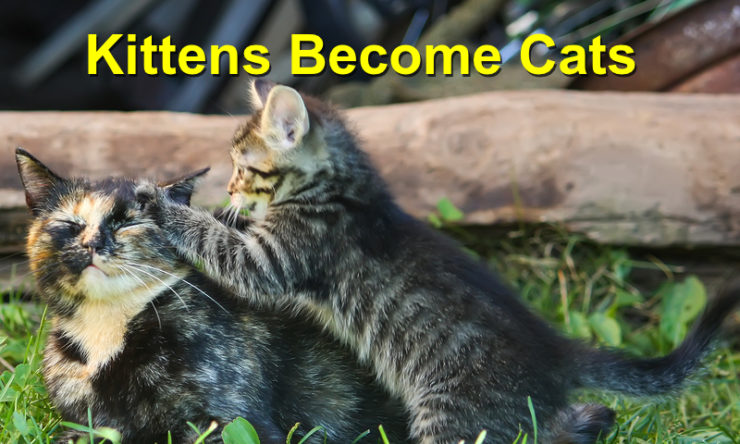Things to Look Out For As Your Kitten Transitions to A Senior Cat
Senior cats will require more care as compared to young kittens. Staying vigilant about their health and taking the senior cats for regular wellness testing and veterinary exams will help to keep your cat healthy even in old age. Since your cat is more vulnerable to diseases with age, your vigilance in checking their daily habits must be increased after seven years to ensure you can catch and prevent issues early before they develop further into more severe complications.
What to look out for when observing a senior cat
• Odd litter box behaviors
• Weight loss or gain
• Reduced mobility
• Changes in behavior like sleeping and hiding away from family members
Common diseases that affect senior cats
• Osteoarthritis: It affects the joints and causes mobility issues.
• Kidney disease: It is found in most senior cats, and it is categorized by lager urine clamps, weight loss, and inappetence.
• Inflammatory bowel condition: The common symptoms here include weight loss, diarrhea, and vomiting.
• Cognitive dysfunction: Nearly 80% of cats will develop cognitive dysfunction once they reach 15 years old.
• Cancer: Oral, intestinal and mammary cancers are common in older cats
• Hyperthyroidism: Increased vocalization, appetite, and weight loss are all hyperthyroidism symptoms in cats
• Dental disease
• Diabetes: As the cat adds more weight with age, they are more likely to develop diabetes.
The significant role of your veterinarian
To maintain proper health for your cat even in old age, you will need to take them for complete physical examinations twice per year once they reach seven years old. Consider that these biannual visits to the vet are similar to a human going for a checkup after every three or four years. Because cats love hiding their symptoms and usually have several health issues simultaneously, regularly wellness testing and exams will help to keep your senior cats healthy.
Tips for keeping senior cats healthy
• Ensure you meet all your senior cat’s needs: They should have enough food, water, social interactions, resting and an easily accessible litter box
• Arrange regular visits to your veterinary: Once your cat reaches seven years, schedule biannual veterinarian visits.
• Keep track of their weight: Regularly weigh your cat at home to track any sudden changes in their weight and report to your veterinarian
• Observe your cat closely: Be more vigilant in observing your cat since any change may mean that something is wrong.
• Healthy nutrition: Your vet will recommend the best diet for your senior cat, which includes small but several potions of canned foods and encouraging lots of water consumption.
References: Pet MD, The Spruce Pets






